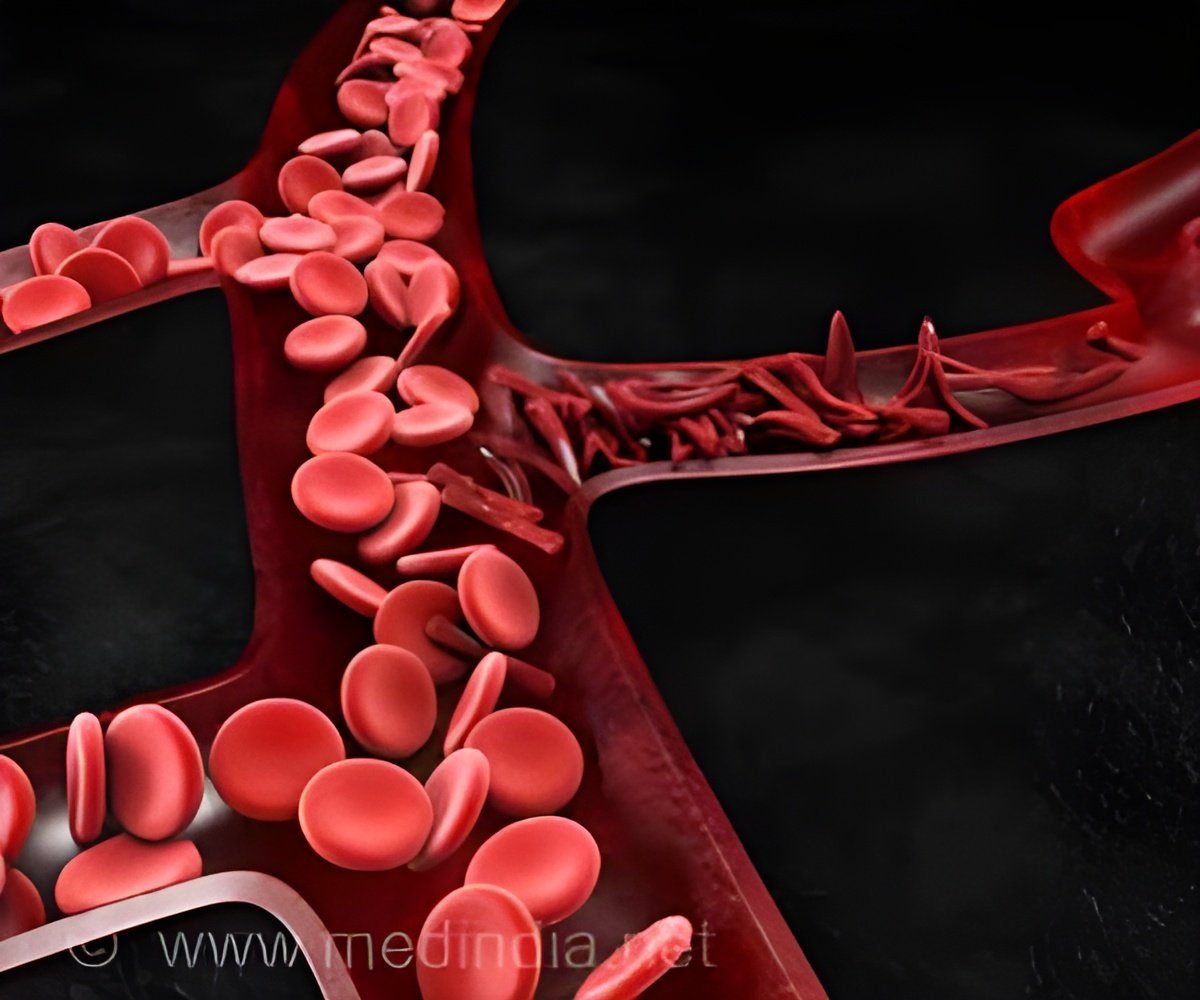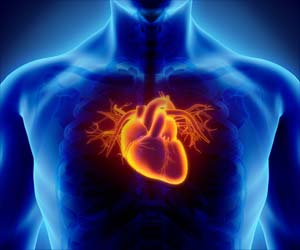According to health experts, an increased risk of heart attack, stroke, and blood clots is associated with higher hemoglobin levels.

‘Elevated levels of hemoglobin pose a heightened risk of blood clotting, leading to heart attack, and stroke, thereby mandating further evaluation.
#hemoglobin, #heartattack, #stroke, #bloodclot
’





Other causes of polycythemia include smoking, diseases of the heart or lungs, and living at high altitudes for prolonged periods. Haemoglobin levels of more than 16.5g/dL in males and 16g/dL in females are considered abnormal. High hemoglobin levels may be detected on routine blood tests and may not cause any symptoms.
“High hemoglobin levels should not be ignored as it can increase the risk of blood clotting and can sometimes lead to dangerous conditions like stroke, heart attack, and blood clots in legs and abdomen,” said Dr. Rahul Bhargava, Principal Director of Hematology and Bone Marrow Transplant, Fortis Memorial Research Institute, Gurugram (1✔ ✔Trusted Source
Fortis Memorial Research Institute
Go to source).
Surprising Link Between Hemoglobin Levels and Cardiovascular Risks
“If high hemoglobin levels are detected on routine evaluation, a hematologist should be consulted for further evaluation. Secondary causes of polycythemia including obstructive sleep apnea, and diseases of the heart and lungs should be looked for,” he added.Routine blood tests to detect hemoglobin levels include a peripheral smear, serum erythropoietin levels, and a JAK2 mutation study is necessary for routine evaluation.
A bone marrow, examination is also performed to determine the cause of polycythemia in selected cases.
Advertisement
“It can also cause major problems like stroke, heart attack, blood clots in legs, etc. Smoking should be avoided as it increases the risk of blood clotting. Diabetes and high blood pressure should be controlled as they are independent risk factors for stroke and heart attack. Adequate oral fluid intake should be maintained,” she added.
Advertisement
Reference:
- Fortis Memorial Research Institute - (https://www.fortishealthcare.com/location/fortis-memorial-research-institute-gurgaon)
Source-IANS













